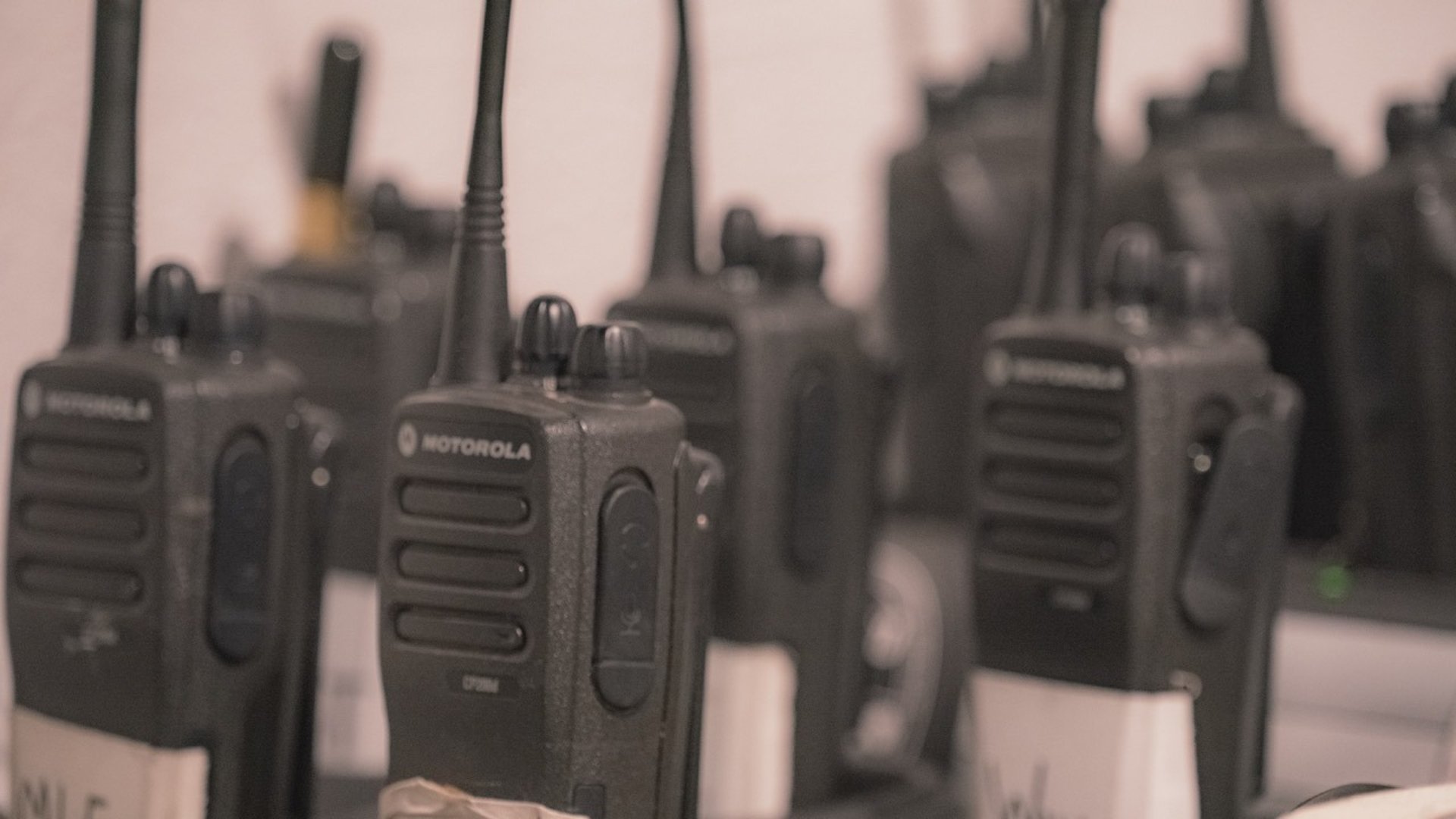
Tips: The Communication Business
This article provides tips for effectively communicating with a sound mixer during the hiring process. It covers topics such as defining your needs, being specific about your budget, outlining your expectations, providing examples of your work, discussing deadlines and schedule, staying in touch, being open to feedback, being clear about your communication preferences, and being respectful. The article emphasizes the importance of effective communication in building a successful working relationship with a sound mixer.
Effective communication is crucial when hiring a sound mixer for your project. A sound mixer is an important member of the production team, and it's important to ensure that they understand your needs and expectations. Here are some tips for effectively communicating with a sound mixer during the hiring process:
Clearly define your needs: Before you start looking for a sound mixer, take some time to think about your project and what you need from the sound mixer. Consider the type of audio you need to capture, the locations you will be recording in, and any special requirements you have. This will help you to find a sound mixer who is the right fit for your project. Here are the seven standard questions we ask our clients and ones that you should be prepared to answer.
What type of shoot and/or where will this project live (commercial, reality, broadcast series, etc.)?
Is the shoot indoors, outdoors or both?
What percentage of our content is formal interviews vs verité style scenework?
Which camera(s) will be used?
How many talent will be on camera at a time?
Do you have a location(s) or general part of town yet?
Is there a project or client title we can use for internal reference?
If you can answer these questions in your initial contact, you can expect an accurate rate quote and general interest of the sound mixer. A properly trained sound mixer can extrapolate the equipment needs based on a question like What kind of camera(s) will be used? They will be able to determine the timecode capabilities of the camera, how many timecode lockboxes or audio feeds will be needed and similar demands.
Be specific about your budget: It's important to be upfront about your budget when hiring a sound mixer. This will help the sound mixer to understand what you can afford and whether they are able to work within your budget. Be prepared to negotiate rates and be willing to compromise if necessary.
Outline your expectations: Make sure to clearly outline your expectations for the sound mixer. This includes things like the type of audio you need to capture, the locations you will be recording in, and any special requirements you have. This will help the sound mixer to understand what you are looking for and whether they are able to meet your needs.
Provide examples of your work: If you have any examples of your work that are relevant to the project, be sure to share them with the sound mixer. This can help them to understand your style and the type of audio you are looking for.
Discuss deadlines and schedule: It's important to discuss deadlines and the schedule for the project with the sound mixer. This will help them to plan their workload and ensure that they are available when you need them.
Stay in touch: Make sure to stay in touch with the sound mixer throughout the hiring process. This will help to keep them informed of any changes or updates to the project, and will allow you to address any concerns or questions they may have.
Be open to feedback: Don't be afraid to ask for feedback from the sound mixer. They have a wealth of knowledge and experience, and their input can be valuable in helping you to achieve the best possible results.
Be clear about your communication preferences: Make sure to let the sound mixer know how you prefer to communicate. Some people prefer email, while others prefer phone or text. By being clear about your communication preferences, you can help to ensure that you are able to stay in touch and keep the project on track.
Be respectful: Remember to be respectful of the sound mixer's time and expertise. They are professionals and deserve to be treated with respect and appreciation. Similarly, not everyone wants to work on every kind of project so while someone may be qualified, they may not be interested.
By following these tips, you can help to ensure that you have a successful and productive working relationship with the sound mixer you hire for your project. Effective communication is the key to a successful collaboration, and by taking the time to clearly define your needs and expectations, you can help to ensure that you are able to capture the best possible audio for your project.
